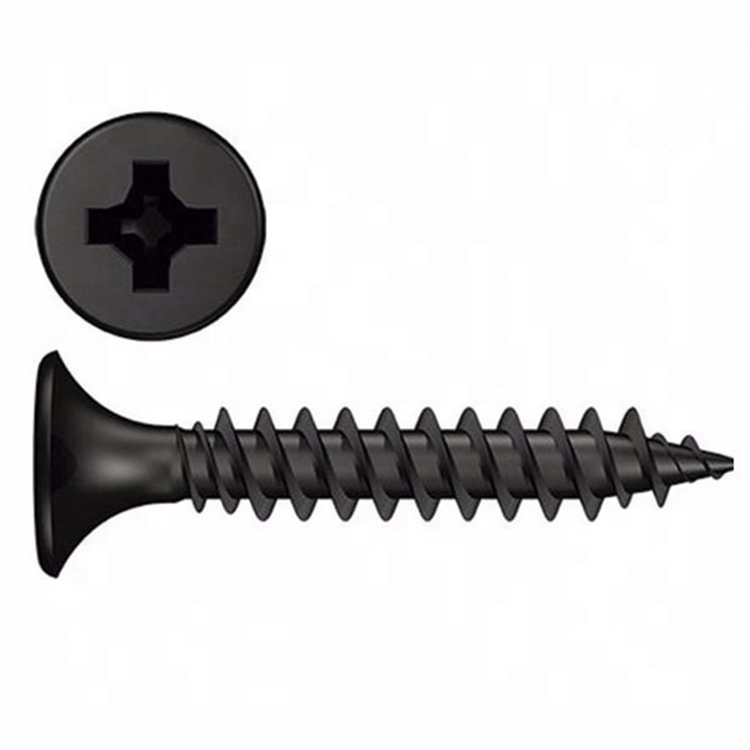Flywheel and Torque Converter Bolts Manufacturer Solutions for Automotive Applications
Okt . 01, 2024 18:35 Back to list
Flywheel and Torque Converter Bolts Manufacturer Solutions for Automotive Applications
Understanding the Relationship Between Flywheel, Torque Converter, and Bolts in Automotive Engineering
In the ever-evolving world of automotive engineering, components such as the flywheel, torque converter, and bolts play critical roles in ensuring the efficiency, performance, and durability of vehicles. These elements are not merely parts of an engine; they are integral to the vehicle's powertrain system, and their proper interaction is essential for optimal performance. This article delves into these components and their interrelationship, particularly focusing on the significance of torque converter bolts.
The Flywheel An Overview
The flywheel is a mechanical device designed to store rotational energy. It is typically a heavy wheel that spins at a constant speed, helping to smooth out fluctuations in power delivery from the engine. This stabilizing effect is crucial during the operation of internal combustion engines, where power output can vary significantly due to the combustion cycle.
Flywheels serve multiple purposes, including facilitating smooth gear changes, providing a damping effect to absorb vibrations, and, in some cases, acting as a reservoir of energy that can be tapped during high-demand situations. Understanding flywheel dynamics is crucial for engineers who want to enhance vehicle performance while maintaining fuel efficiency.
The Torque Converter Its Role and Functionality
A torque converter is a type of fluid coupling used in automatic transmissions. It transfers power from the engine to the transmission and aids in multiplying engine torque during acceleration. The torque converter consists of several key components the impeller (driven by the engine), the turbine (connected to the transmission), and a stator, which aids torque multiplication.
One of the significant advantages of a torque converter is its ability to enable a vehicle to come to a complete stop without stalling the engine while still allowing power transfer to the wheels when accelerator input is provided. This feature enhances drivability, especially in stop-and-go traffic, making it a preferred choice in many modern vehicles.
The Significance of Torque Converter Bolts
flywheel to torque converter bolts company

While the flywheel and torque converter are vital components, the role of torque converter bolts cannot be overlooked. These bolts secure the torque converter to the flywheel, ensuring that the two components work together seamlessly. The tightness and material quality of these bolts are crucial for several reasons
1. Secure Connection The bolts create a secure connection between the torque converter and the flywheel, preventing any misalignment that could lead to vibration, noise, or even catastrophic failure.
2. Vibration Dampening Properly fastened bolts contribute to damping vibrations transmitted through the powertrain. Excessive vibrations can lead to premature wear on components and negatively affect the driving experience.
3. Heat Resistance As both the flywheel and torque converter engage and disengage under load, they generate significant heat. Torque converter bolts must be manufactured from materials that can withstand high temperatures to prevent failure over time.
4. Maintenance and Replacement During maintenance procedures, it is crucial to check these bolts for signs of wear or loosening. Failing to replace worn bolts could compromise the integrity of the connection, leading to severe engine performance issues or safety hazards.
Conclusion
The relationship between the flywheel, torque converter, and bolts is pivotal in the world of automotive engineering. Understanding how these components interact allows engineers to design more efficient powertrains that deliver optimal performance and reliability. As technology continues to evolve, advancements in materials and engineering processes will further enhance the capabilities of these critical components. Whether you are a mechanic, engineer, or car enthusiast, appreciating the intricacies of this relationship will enhance your understanding of automotive performance and reliability.
In conclusion, while it may be easy to overlook the importance of torque converter bolts in the grand scheme of automotive engineering, they are a fundamental aspect of how power is transmitted from the engine to the wheels, affecting everything from performance to safety. As such, manufacturers and service providers must prioritize the quality and integrity of these bolts to ensure the longevity and functionality of modern vehicles.
Latest news
-
Wire Bolts Suppliers: Durable & Reliable Fasteners for Every Project
NewsAug.25,2025
-
Premium Cabinet Bolts Supplier | Wholesale & Custom Solutions
NewsAug.24,2025
-
Reliable Axle Nuts Supplier | Quality & Precision Fasteners
NewsAug.23,2025
-
Durable Bolts for Lawn Mower Handle - Top Supplier & Manufacturer
NewsAug.22,2025
-
High-Quality Bolts for Lawn Mower Handle Supplier & Manufacturer
NewsAug.21,2025
-
Reliable Axle Nuts Supplier | High-Quality Automotive Parts
NewsAug.19,2025
